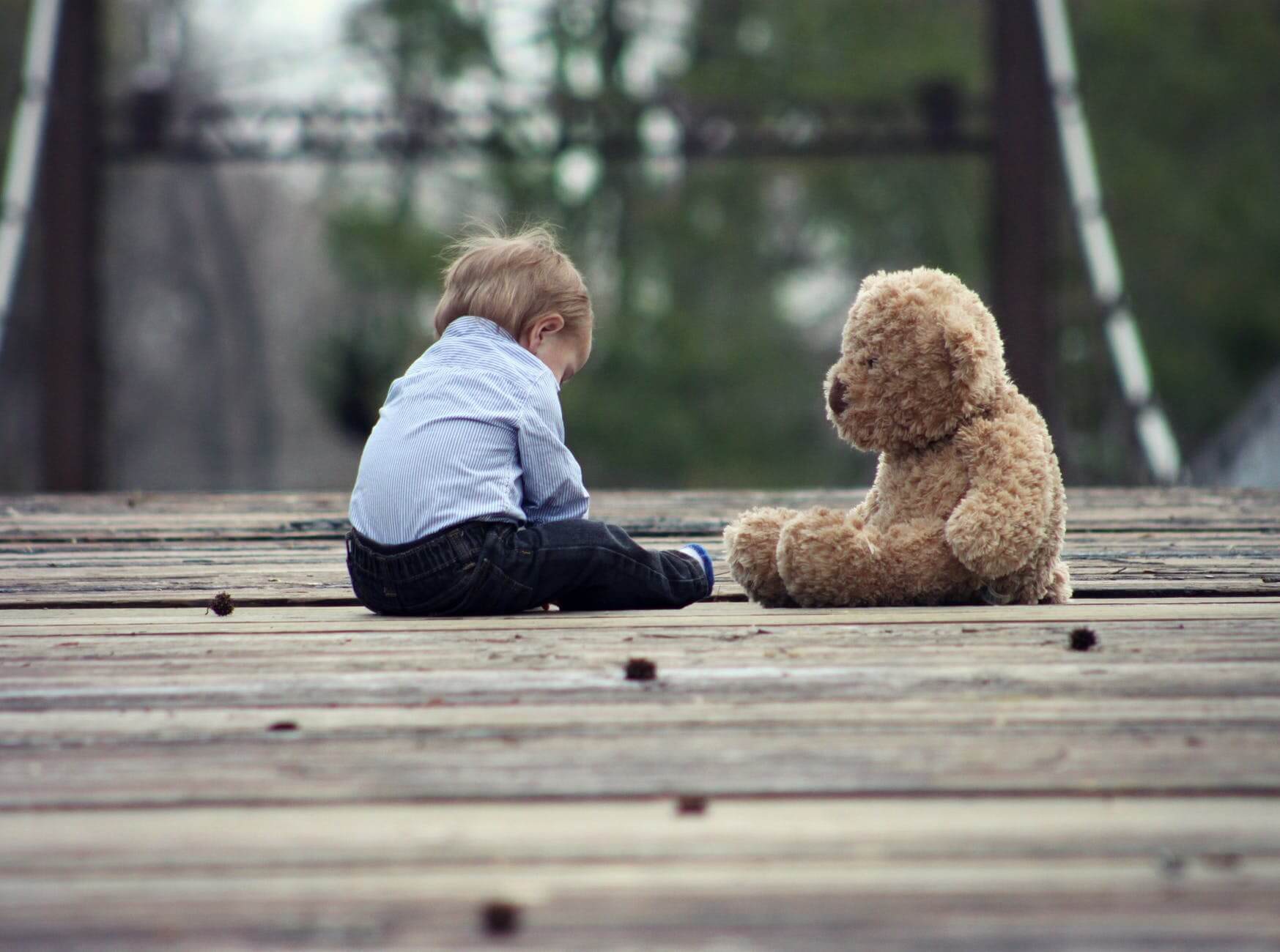This is the second article in the Next Generation Leadership Series. Read the first one HERE.
Kids These Days…
Since our last article, I have done some digging to find out when the belief of “young people don’t work as hard” began. I came across two quotes that aptly describe millennials:
“The children now love luxury. They have bad manners. Contempt for authority. They show disrespect for elders and love chatter in place of exercise.”
“[Technology] will create forgetfulness in the learners’ souls, because they will not use their memories. They will trust to the external written characters and not remember of themselves… they will be hearers of many things and will have learned nothing. They will appear to be omniscient and will generally know nothing”
Here’s the kicker: both of these quotes came from Socrates [2,500 years ago] as he reflected on the youth of Ancient Greece. In the second quote, the “technology” that Socrates refers to is plain old ink and parchment. Even back then, people thought technology was ruining the kids’ minds. If you replace “technology” with “cellphones,” the quote sounds like it’s taken straight from a New York Times article about millennials.

Socrates isn’t the only one in history with the same opinion. Here are just few others that I found:
“I see no hope for the future… for certainly all youth are reckless beyond words. When I was young, we were taught to be discreet and respectful of elders, but the present youth are exceedingly disrespectful and impatient of restraint.”
Hesiod (800 BC)
“The young people of today think of nothing but themselves. They have no respect for their parents or old age. They are impatient of all restraint.”
Peter the Hermit (1200 AD)
“Never has youth been exposed to such dangers of both perversion and arrest as in our own land and day. Increasing urban life with its temptations, prematurities, sedentary occupations, and passive stimuli…”
G. Stanley Hall (1904)
This story is as old as time itself; the young versus the old. There has never been a time in human history in which the younger generation lived up to the standards set on them. The profound truth is that young people and old people are different…
A Logical Proposal
There’s a fundamental human characteristic that separates the old and the young: experience. People with more years of experience know their limitations. They know when they don’t know something. They know their own area of expertise. They are quick to ask for help instead of trying to do something they don’t understand. They avoid unnecessary risks. People with less experience tend to take more risks, think they are very knowledgeable, and seek to be good at everything.
This difference creates tension in the workplace. It is hard to work with someone who feels highly qualified even when they are not. As we get older, we tend to forget what it was like to be young. We tell ourselves, “I should have known that when I was younger.” We project this same idea on the younger people around us, creating unrealistic expectations. We think that younger people should listen to us, the older people, and learn from our mistakes. But we tend to forget that we were even worse when we were younger.
The main reason why generational differences is such a big concern today is because society is becoming more transparent. Fifty years ago, basic human stupidity was not considered newsworthy. Thanks to advancements in technology, the ignorance of society is paraded before us on a daily basis for the first time in history. Even more, between the flurry of news outlets, social media, and reality TV, we have started worshiping ignorance as a society. These outlets have caused a shift in how we view younger generations. It has created an illusion that there is more ignorance, violence, and negative traits today than before. In reality, the world has, and always will be, filled with ignorance, especially among the inexperienced members of society.

Conclusion
Human behavior is governed by natural law. Environments change, technology changes, and social trends change, but people will always be people. The youth will always be a little ignorant, there will always be something new to blame, and there will always be contradicting opinions. The one truth that we can hold on to is that everyone is the master of their destiny.
Millennials are not doomed because of their upbringing. As people learn more, they grow out of “ignorant” traits. The same thing will happen to millennials as it happened to the generations before. The world will continue to change as technology advances. Millennials will adapt and will usher in new industries and business models.
There’s a lot of “noise” in the media today. If you can filter through the noise, you will find that there are many young people accomplishing astonishing things (30 under 30). Because many young people lack real-world experience, they tend to be under-prepared for the working-world, so what can we do to help? Next month, we will discuss the future of millennials in the workplace. How to find and attract bright young talent, and how millennials can find the impactful jobs they are looking for.



